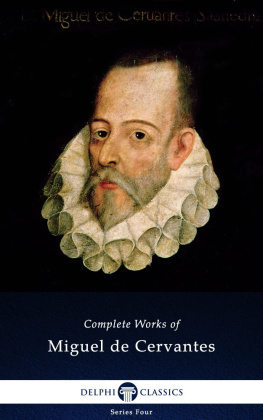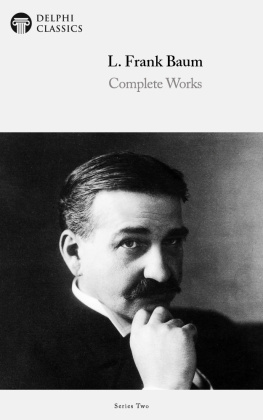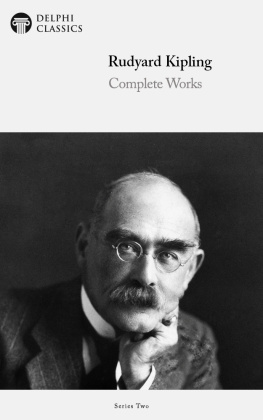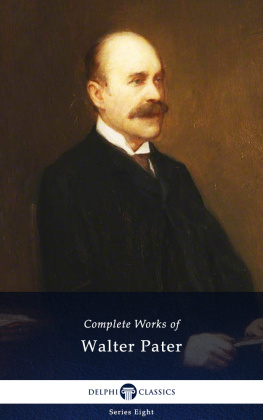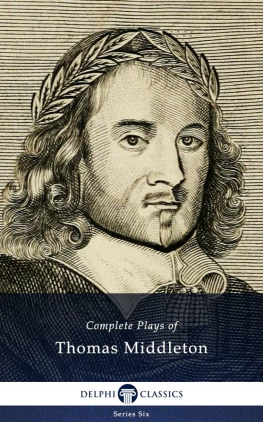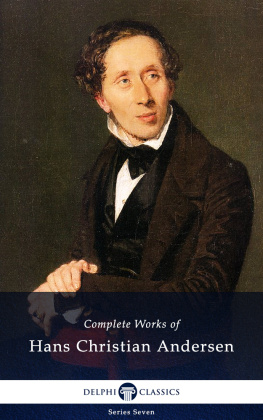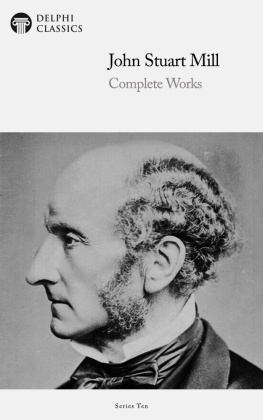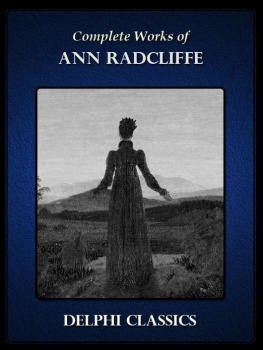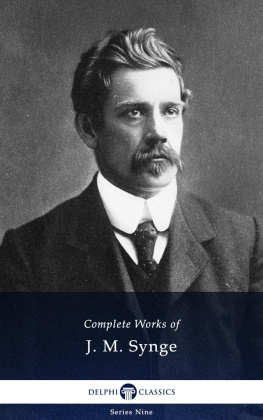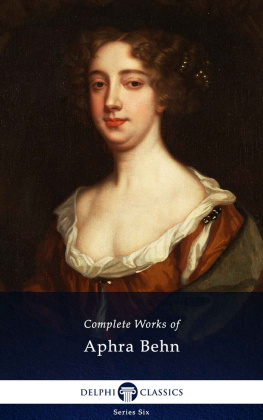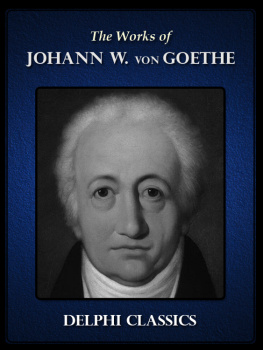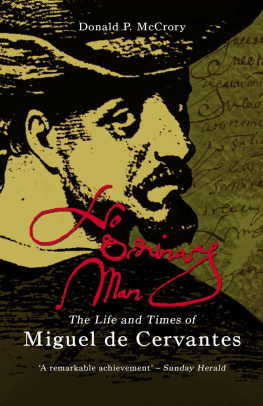The Complete Works of
MIGUEL DE CERVANTES
(1547-1616)

Contents

Delphi Classics 2013
Version 1

The Complete Works of
MIGUEL DE CERVANTES

By Delphi Classics, 2013
COPYRIGHT
Complete Works of Miguel de Cervantes
First published in the United Kingdom in 2013 by Delphi Classics.
Delphi Classics, 2013.
All rights reserved. No part of this publication may be reproduced, stored in a retrieval system, or transmitted, in any form or by any means, without the prior permission in writing of the publisher, nor be otherwise circulated in any form other than that in which it is published.
Delphi Classics
is an imprint of
Delphi Publishing Ltd
Hastings, East Sussex
United Kingdom
Contact: sales@delphiclassics.com
www.delphiclassics.com
Parts Edition Now Available!

Love reading Miguel de Cervantes ?
Did you know you can now purchase the Delphi Classics Parts Edition of this author and enjoy all the novels, plays, non-fiction books and other works as individual eBooks? Now, you can select and read individual novels etc. and know precisely where you are in an eBook. You will also be able to manage space better on your eReading devices.

The Parts Edition is only available direct from the Delphi Classics website.
For more information about this exciting new format and to try free Parts Edition downloads , please visit this link .
The Novels

Alcal de Henares, a surburb of Madrid the birthplace Miguel de Cervantes

Tower of the Church of Santa Mara la Mayor de Alcal de Henares, where Cervantes was baptised
LA GALATEA

Translated by John Oelsner and A. B. Welford
La Galatea is Miguel de Cervantes first novel, which was initially published in 1585. Presenting an allegory of pastoral characters, the novel is an examination of love with veiled allusions to contemporary literary figures. Though the novel enjoyed some success, it was not reprinted in the authors lifetime and a promised sequel, referred to by Cervantes on more than one occasion, was never published and presumably never written.
Composed as an imitation of the Diana by the Portuguese novelist Jorge de Montemayor, La Galatea appears to have been intended as a structure to contain a rich collection of poems in the old Spanish and Italian styles. The Diana helped launch a vogue in the sixteenth century for stories about shepherds and shepherdesses and their experiences in love. As well as Cervantes, one of Montemayors most famous readers was William Shakespeare, who borrowed the Proteus-Julia-Sylvia plot of The Two Gentlemen of Verona from the Diana .
In La Galatea , the framing story is merely a thread that holds the many poems together and they establish Cervantes claim to rank among the most eminent poets of his contemporary Spanish literature. Throughout the text Cervantes composes in all the various kinds of syllabic measure used in his time, whilst occasionally adopting the use of the old dactylic stanza. Among the vast range of verses, the song of Caliope, in the last book of the novelparticularly stands out due to its metrical dexterity and imaginative use of imagery. Other beautiful poems in the La Galatea are a few in the cancion style, some of which are iambics, and some in trochaic or Old Spanish verse.
The main characters of La Galatea are Elicio and Erastro, who are best friends that both fall in love with the beautiful shepherdess Galatea. The friends reveal to each other their desire for Galatea, but agree not to let it come between their friendship. They then set off on a journey with Galatea and her friend Florisa to the wedding of Daranio and Silveria, along which, in the pastoral tradition, they encounter other characters that tell their own stories and often join the travelling group.
The vast majority of the characters in the novel are involved primarily in minor story digressions. One such tale concerns Lisandro, who loses his love, Leonida, when Crisalvo mistakenly kills her instead of his former love Silvia. Lisandro avenges Leonidas death in the presence of the main party. Astor, under the pseudonym Silerio, feigns attraction for Nsidas sister Blanca in order to avoid the scorn of Nsidas lover Timbrio, who dies following the confusion present after a successful duel against his rival Pransiles. Astors grief thrusts him into hermitage, waiting to hear from Nsida. Arsindo holds a poetry competition betwixt Francenio y Lauso, which is judged by Tirsi and Damn, lauded by many within the novel as some of the most famous poets of Spain, and is determined to have no single winner. The wedding has controversy as Mireno is deeply in love with Silveria, yet Daranios wealth guaranteed him the hand of Silveria.

Cover of the first edition of La Galatea
CONTENTS

An engraving of Cervantes as a young man
FIRST PART
OF THE
GALATEA
DIVIDED INTO SIX BOOKS
WRITTEN BY
MIGUEL DE CERVANTES
DEDICATION
TO THE MOST ILLUSTRIOUS LORD,
ASCANIO COLONNA,
ABBOT OF SANTA SOFIA.
Your Lordships worth has prevailed with me so much as to take away from me the fear I might rightly feel in venturing to offer you these first-fruits of my poor genius. Moreover, considering that your August Lordship came to Spain not only to illumine her best Universities, but also to be the pole-star by which those who profess any real science (especially those who practise that of poetry) may direct their course, I have not wished to lose the opportunity of following this guidance, since I know that in it and by it all find a safe haven and a favourable reception. May your Lordship be gracious to my desire, which I send in advance to give some kind of being to this my small service; and if I do not deserve it for this, I may at least deserve it for having followed for several years the conquering banners of that Sun of warfare whom but yesterday Heaven took from before our eyes, but not from the remembrance of those who strive to keep the remembrance of things worthy of it, I mean your Lordships most excellent father. Adding to this the feeling of reverence produced in my mind by the things that I, as in prophecy, have often heard Cardinal de Acquaviva tell of your Lordship when I was his chamberlain at Rome; which now are seen fulfilled, not only by me, but by all the world that delights in your Lordships virtue, Christian piety, munificence, and goodness, whereby you give proof every day of the noble and illustrious race from which you descend; which vies in antiquity with the early times and leaders of Romes greatness, and in virtues and heroic works with equal virtue and more exalted deeds, as is proved to us by a thousand true histories, full of the renowned exploits of the trunk and branches of the royal house of Colonna, beneath whose power and position I now place myself to shield myself against the murmurers who forgive nothing; though, if your Lordship forgive this my boldness, I shall have naught to fear, nor more to desire, save that our Lord may keep your Lordships most illustrious person with the increase of dignity and position that we your servants all desire.
Next page
